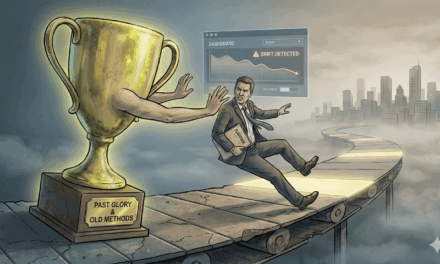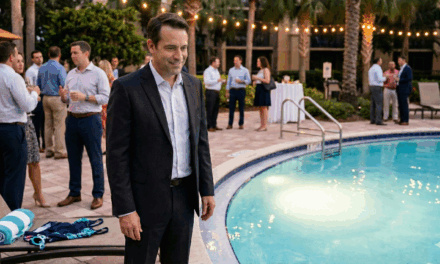
Mindfulness isn’t just for yoga teachers anymore

“Doesn’t matter if you’re dead.”
Not exactly what I expected my therapist to say as we (again) waded through the pain my job was creating for me.
I was coming off a great year — over 150% to quota on an 8 figure number — with a plan to repeat. But, I was traveling every week to places all over the country without my support system.
The lack of time with my family and the constant rush to the next plane and the next hotel were taking their toll on me, so much so that my therapist gave me a directive for the first time in the 5 years we’ve been working together.
She told me I should seriously consider quitting my job.
The suicidal ideation and deep depression I was experiencing were much worse than what I was used to after living with PTSD for so many years, and my therapist was actually scared for me.
I was scared for me too.
But, I continued to justify staying because of the great boss, great money, and great team.
“Doesn’t matter if you’re dead.”
So, I quit.
And I’m still here.
When I was going through this, SFDC did a study that indicated 67% of sales pros felt close to or were actively experiencing burnout.
TWO-THIRDS of the respondents were unraveling like I was.
I doubt that number is much different now.
So, what are we doing about it?
Companies that want to change the narrative are investing in their people and seeing positive results.
Here are a few of my favorite tactics companies can use for reducing burnout in salespeople:
- Open communication around mental health and therapy
- Quota relief to encourage sellers to take PTO
- Manager training on burnout prevention
If you aren’t willing to make these investments, you’ll see up to 30% loss in productivity and increased turnover (in an already extremely high turnover role).
To my sellers: prioritize your health. It’s all you’ve got.
And remember this:
“Doesn’t matter if you’re dead.”



































